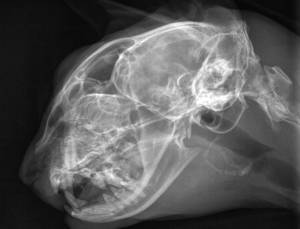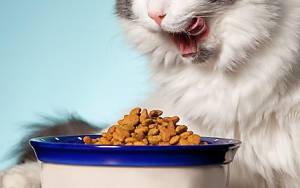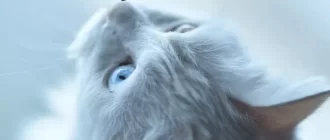Every cat owner has likely experienced getting a whiff of their furry friend’s breath once or twice and finding the smell quite unpleasant.
Although cats are generally very clean animals, their breath isn’t necessarily odorless. However, while it is normal for the breath to have some odor, a distinctly horrible smell could indicate certain underlying health problems.
Unpleasant Odor: Just Food, or Something More?
Cats are predominantly meat-eaters, which can mean their breath usually has a naturally ‘meaty’ smell. However, if your cat’s breath is extremely foul-smelling, it could be indicative of other problems beyond the scope of its diet.
For example, a urine or ammonia-like smell might imply kidney issues, while a notably sweet and fruity scent could denote diabetes. On the other end of the spectrum, a significantly foul odor could mean oral diseases like periodontal disease or stomatitis.

Now, let’s delve into these two commonly occurring oral issues that could cause your cat’s breath to smell horrible:
- Periodontal or Gum Disease: Just like in humans, gum disease in cats occurs due to the buildup of plaque and tartar. This can lead to inflammation and infection which is often accompanied by bad breath in a cat. In extreme cases, it may even cause pain and loss of teeth.
- Stomatitis: This is a painful condition where a cat’s mouth, including the back throat region, gets inflamed. Cats with stomatitis often suffer from extremely bad breath due to infection associated with the disease.
These health issues underline the importance of regularly checking your pet’s mouth for any abnormalities.
Signs To Be Considered:
Watch for changes in appetite (either an increase or decrease), excessive drooling, red or swollen gums, and any signs of discomfort while eating or swallowing. If you notice these warning signs along with bad breath, bring your cat to the vet for a checkup as soon as possible.
| SIGN | POSSIBLE ISSUE |
|---|---|
| Bad Breath | Oral Disease, Diabetes or Kidney Issues |
| Decreased Appetite | Oral Pain or Severe Diseases |
| Excessive Drooling | Oral Diseases |
| Red/Swollen Gums | Gum Disease |
Preventive Measures and Final Thoughts
To help prevent your cat’s breath from smelling horrible, implement an effective and regular dental care routine. This includes brushing your cat’s teeth regularly with cat-friendly toothpaste and considering dental foods or treats that help reduce plaque build-up.
Cats’ breath doesn’t have to stink. A diet adjustment, proper dental maintenance, or necessary medical treatments can correct most issues connected with foul-smelling feline breath. Always stay attentive to your cat’s oral health status and consult with a vet if needed.






